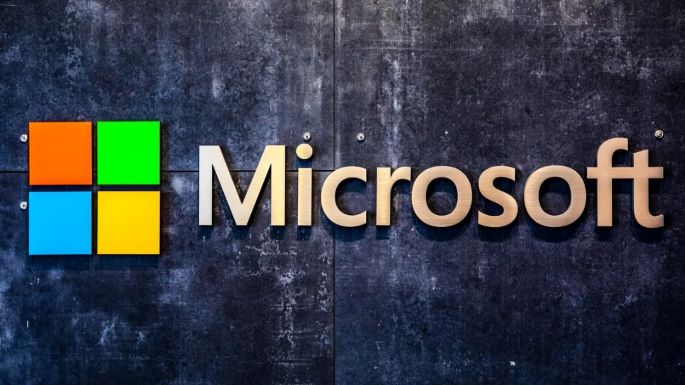EU Commission gives Microsoft 10 days to hand over AI documents
 The European Commission on Friday gave Microsoft a legally binding deadline of May 27 to supply documents concerning the use of generative artificial intelligence (AI) in its Bing search engine.
The European Commission on Friday gave Microsoft a legally binding deadline of May 27 to supply documents concerning the use of generative artificial intelligence (AI) in its Bing search engine.
The order concerns two features: “Copilot in Bing,” a multipurpose system that can create text and images based on prompts from the user, and “Image Creator by Designer,” an image generator.
EU Commission tasks X over Israel-Hamas misinformation
The commission says it suspects AI-generated false information known as “hallucinations” from these systems, as well as AI-generated “deepfakes” and voter manipulation, may violate the European Union’s Digital Services Act (DSA).
The DSA is a broad online content law that among other things requires very large platforms like Microsoft to manage a wide array of different risks related to their services.
While, generative AI systems allow users to create content using plain-language prompts.
For example, one can ask a system to answer questions; write an essay, story, or poem; or generate images or sound.
“Hallucinations” occur when a user asks a generative AI system a question and gets an incorrect answer.
Deepfakes involve deliberately using AI to manipulate an image or video of a real person to misrepresent them for example, to put words in their mouth.
If Microsoft fails to provide the requested documents in time, the DSA allows the commission to fine the company up to one per cent of its global yearly revenue, plus daily fines of up to five per cent of its daily income.
Should the commission ultimately conclude that Microsoft has failed to mitigate risks outlined in the DSA; the fines could run to six per cent of global annual revenue.
Microsoft could not immediately be reached for comment.












